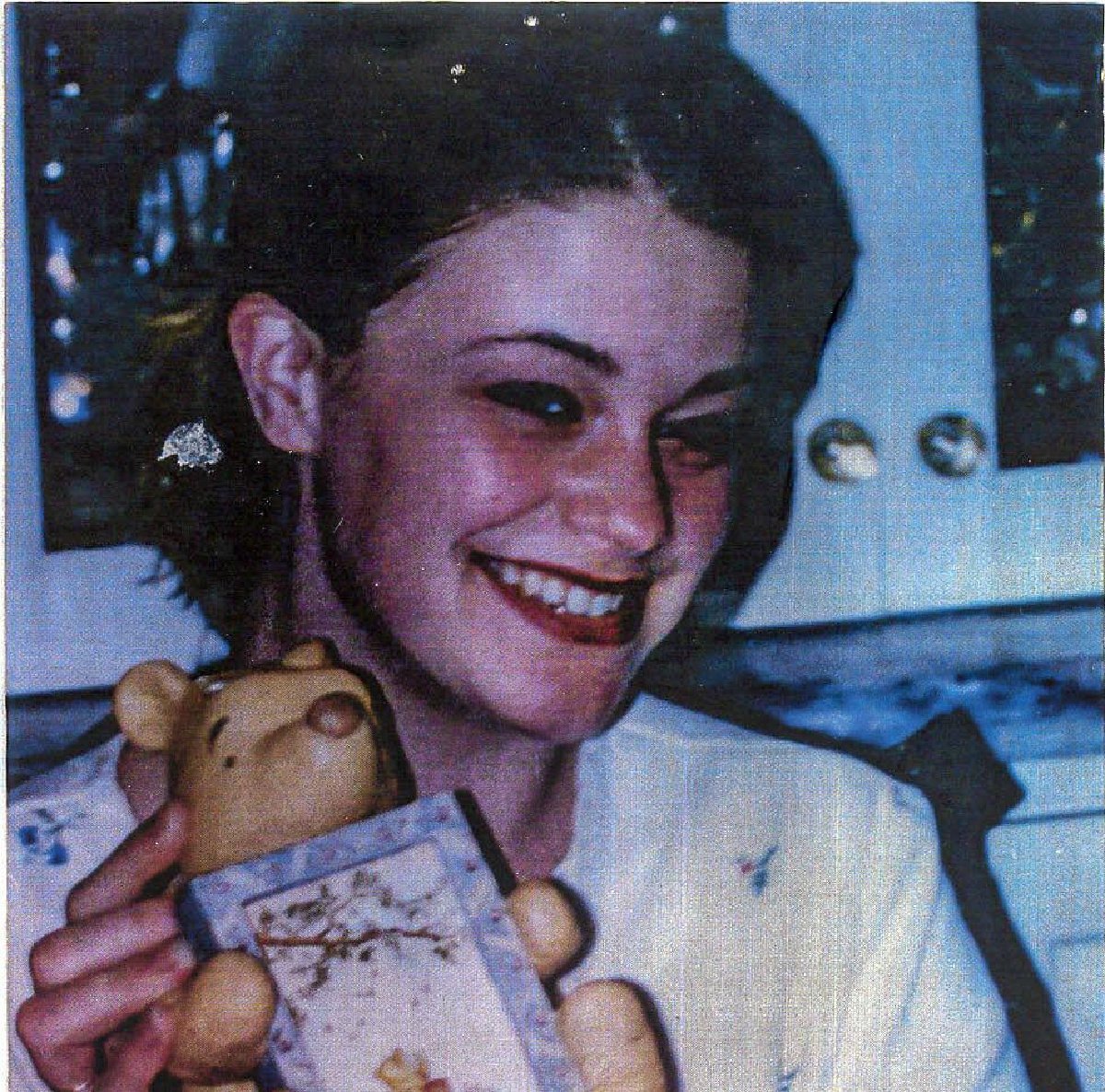
When a man confessed to the rape and murder of teenager Jessica Baggen in 1996, it looked like the case was closed. In fact, it would be another 24 years before the true killer was found.
Jessica lived in Sitka, Alaska, a town so quiet that, in 1995, national media had run a jokey story about the type of crime that local police dealt with: “a frozen teddy bear being hurled out a window, residents playing croquet too loudly after midnight”.
And then Jessica was murdered.
Watch the trailer for True Crime Conversations, Mamamia's true crime podcast. Post continues below.
Jessica was one of four close sisters in a well-off family who ran a shipping company. Her family described her as “a spunky girl who didn’t give up easily” and who loved the outdoors. They told the story of how, when her dog Sam went missing, she refused to give up searching for him. Weeks later, as she and a friend were setting up camp to continue the search, Sam appeared: “tired, hungry and ready to come home”.
Jessica had just celebrated her 17th birthday when she went missing. It was just after midnight on May 4, 1996. She left her sister’s place to walk home but never arrived. A search began, and two days later, her shirt was found. Soon afterwards, her body was discovered, not far off a road in the heart of Sitka, across from the police training academy and just a few blocks from home. She had been raped and asphyxiated.

